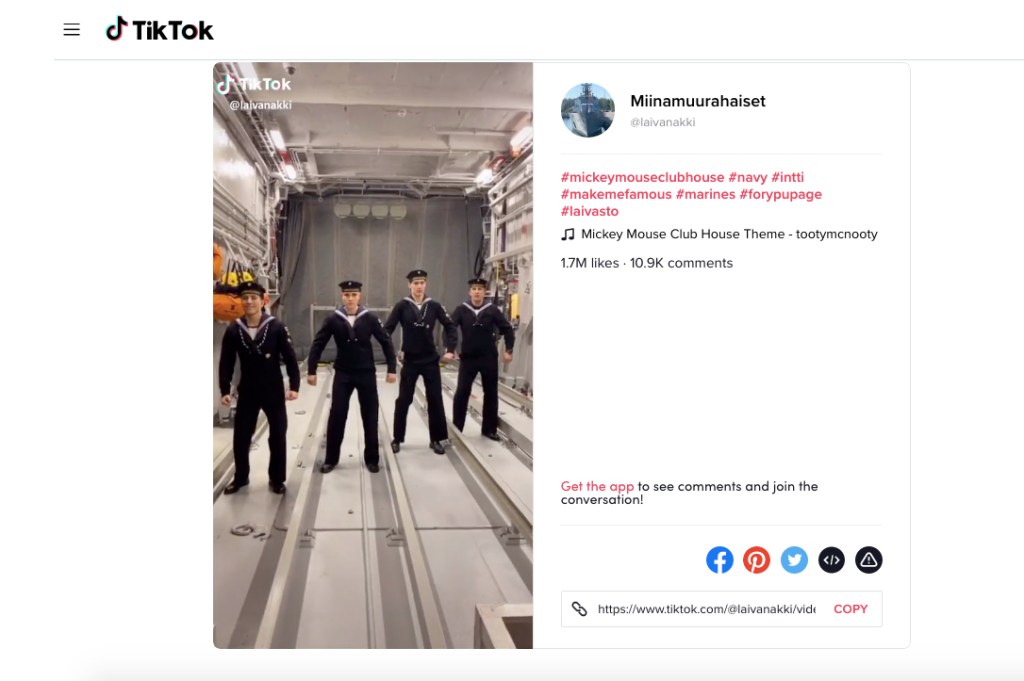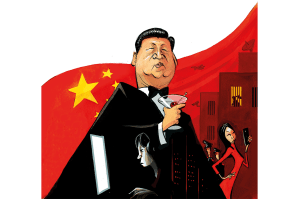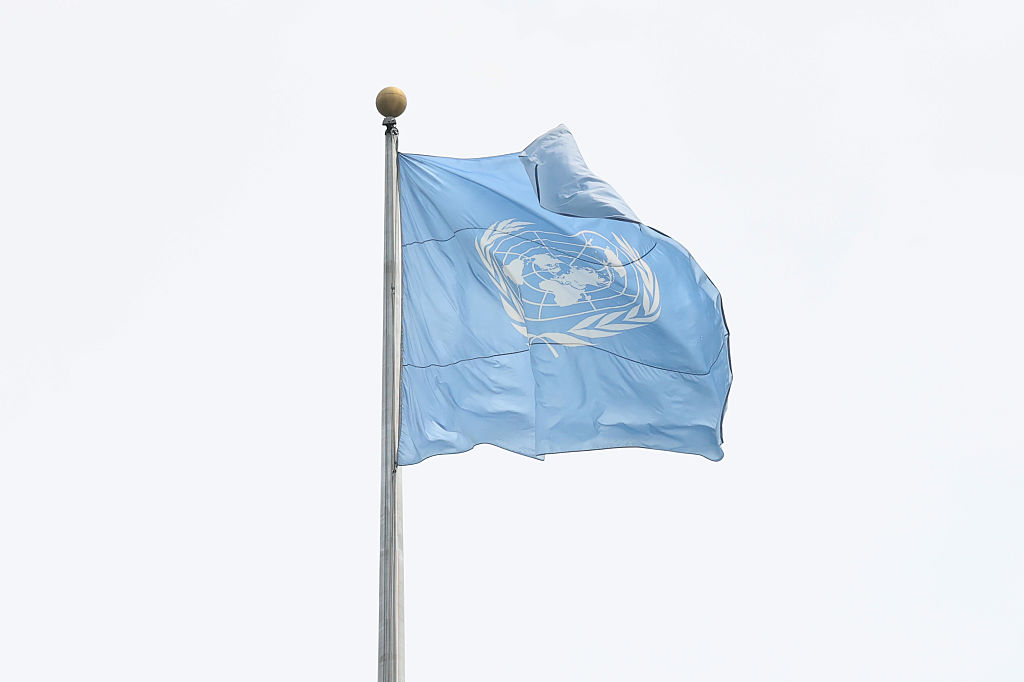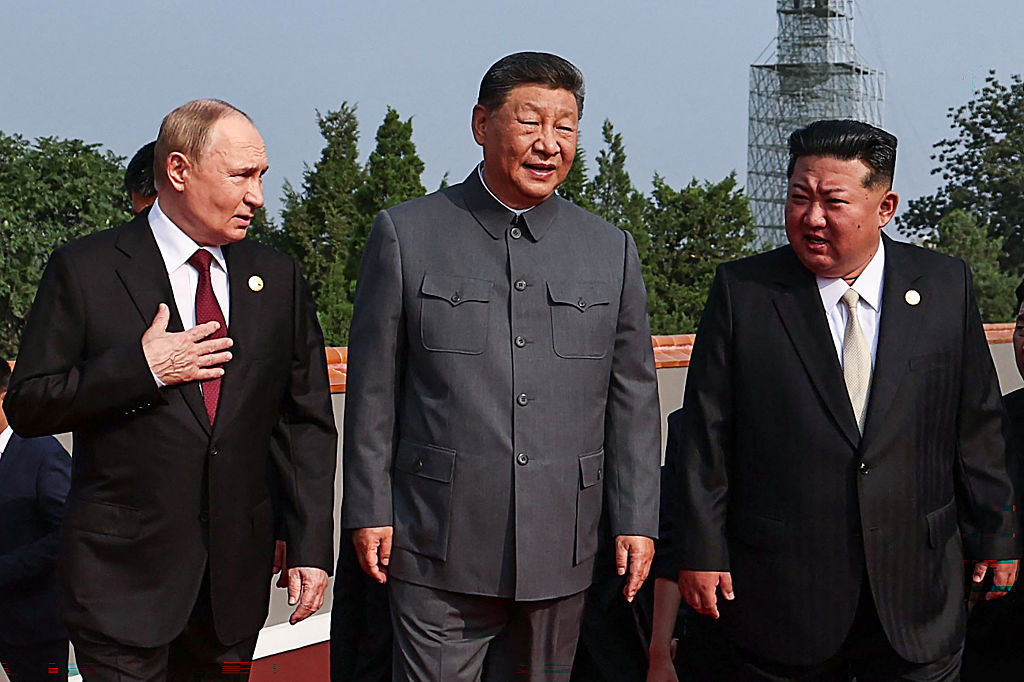I was a young tech journalist in the years when Facebook and Twitter were growing fast. In retrospect, one of the biggest oversights made by the tech press (myself very much included) was that for the most part, we’d cover one product launch after another with little attention to the security or privacy implications. When a data breach or privacy scandal came along, we’d cover that, and all too often then let the story drop. But now a decade-plus later, our lack of media attention to security in social media seems glaring.Part of this was structural. Tech-focused newsrooms typically had one or more well-trained security reporters, but their bandwidth was typically occupied with coverage of then-prolific email and browser viruses that wreaked havoc on a populace still learning the ropes of the internet (remember ‘Melissa’?) or security issues with desktop software. And hindsight, of course, is 20/20, and in the case of companies like Facebook and Twitter there was a phenomenon of ‘data creep’ that went hand-in-hand with their product development. You couldn’t even upload photos to Facebook at first, let alone have its algorithm crawl through thousands of photos to recognize your face in each one. But now we know about facial recognition technology, about the potential for bad actors to infiltrate social networking tools to spread misinformation, and more recently, about the potential for cyberwarfare.Which is why it surprises me, though perhaps it shouldn’t, that media coverage of the China-headquartered social media youth sensation TikTok seems to follow the old paradigm: either it’s a security story, or it isn’t. From trend pieces in the consumer and entertainment press about the rise of influencers on the platform to marketing and advertising trade publications’ reporting on which brands are using it in the quirkiest and most innovative ways, you’re unlikely to learn much about the deeper issues with it unless you read a story about TikTok that’s directly about the US military banning it on government-issued phones or the discovery of serious security flaws in its software. And this is a problem. It was a mistake for consumer press and media trade coverage of Facebook to frequently exclude any mention of data collection or security concerns. But we ought to have learned from that today — and the media’s selective approach to even just mentioning the serious security implications with TikTok is more alarming when you consider what its Chinese ownership means.‘China is not a country of laws, it’s a country where the party is above the law and the party can choose to ignore the laws when it decides to,’ says Isaac Stone Fish, a senior fellow at the Asia Society who’s currently writing a book about Beijing’s influence in America. ‘So, regardless of what the laws are, if the party tells TikTok or its parent company ByteDance that they need particular data, the company will give over the data.’
And this is a problem. It was a mistake for consumer press and media trade coverage of Facebook to frequently exclude any mention of data collection or security concerns. But we ought to have learned from that today — and the media’s selective approach to even just mentioning the serious security implications with TikTok is more alarming when you consider what its Chinese ownership means.‘China is not a country of laws, it’s a country where the party is above the law and the party can choose to ignore the laws when it decides to,’ says Isaac Stone Fish, a senior fellow at the Asia Society who’s currently writing a book about Beijing’s influence in America. ‘So, regardless of what the laws are, if the party tells TikTok or its parent company ByteDance that they need particular data, the company will give over the data.’
@laivanakki#mickeymouseclubhouse #navy #intti #makemefamous #marines #forypupage #laivasto
The potential issues with ongoing mass adoption of TikTok in the US have, indeed, caught the attention of the federal government. But that may not help much with its public perception. US lawmakers have an extremely spotty track record when it comes to digital privacy, from outright befuddlement and illiteracy to scare-tactic-laden crusades against tech companies that seem suspiciously well-designed to inflate their personal profiles as politicians. I don’t blame ordinary Americans for ignoring federal inquiries into TikTok as a sign that something’s potentially awry with their use of the app; we’ve been inoculated to the idea that a government inquiry into a tech company might actually have something to say about whether we should be using it or not. So the media’s role is of particular importance.This is especially pressing because experts say the concerns aren’t just well-founded, they’re on a completely different plane from security and privacy concerns about American tech companies. ‘Everyone using TikTok should be aware that their data and their personal information has the potential to be exploited, and that’s more so than just anyone on Facebook or Twitter,’ Stone Fish says. ‘It’s much less secure.’
@brittany_broskiMa’s Special! Don’t miss it boys
And we may not see the effects for years, which further decreases any sense of urgency.‘The security concern with TikTok is not just user data: it’s the video associated with that user data,’ says Kristina Libby, executive vice president of future science and research at artificial intelligence company Hypergiant. ‘We are entering an era where a large threat to our safety is personal “deepfake” video, audio and image content. This content can be weaponized in propaganda or targeted individual or commercial attacks. Therefore our big concern with China is not that they will get our passwords from TikTok but that they could be building a universal database of everyone on the planet and that that database could have our stolen video, audio and image likeness that could then be used against us.’When you take all this into consideration, brand and influencer hype stories about TikTok seem to be missing something very big. And by this point, the media ought to know better.

























